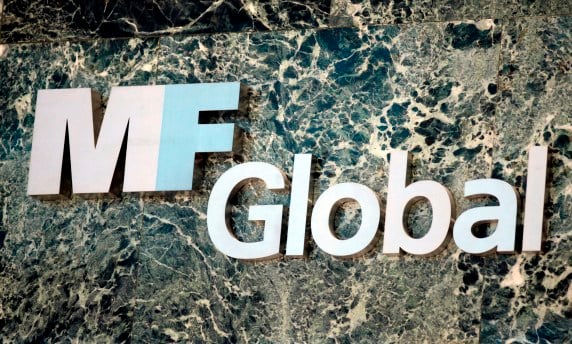Client still has open positions with broke i-bank; swimming with the big fish
It may not be of Lehman Brothers proportions yet, but the bankruptcy filing by MF Global Holdings Ltd. yesterday has caused financial crisis-like anxiety among the firm's clients and trading partners.
The firm is run by Jon Corzine, former U.S. senator and governor of New Jersey.
“The rumor is that they used some client money to make some of their bets,” said one customer who had traded several hundred million dollars in futures contracts with the firm this year.
While he said he was not worried about the “very little cash” he has with MF, he does have open futures contracts with the firm. He is looking for new firms to take his business and closing out positions with MF Global.
Other clients and counterparties may be more worried about their cash. According to news reports, MF Global had significant investments in European sovereign debt. With the latest negative turn in European government negotiations, those bet could plummet further in value.
It was also reported that as much as $950 million in client money was missing from the firm. The New York Times reported that on late Monday, the figure had decreased to $750 million.
The missing funds were apparently the reason behind the collapse of an 11th hour deal for competitor Interactive Brokers to purchase some of MF Global's assets. It was unclear if the missing funds were a result of shoddy bookkeeping or because the firm had made use of them for its own purposes, which is prohibited. A spokeswoman for the company did not return calls for comment.
According to MF Global's website, customers “may place offsetting orders for current open positions at MF Global, but may not place any new orders. The firm added: “Performance of your trades is guaranteed by exchange clearinghouses.”
With accounts having been frozen by federal regulators, customers will likely have a busy week closing out positions. “You want to trade with the big firms,” said the customer. “You think with a firm that size you're ok.”
Size, as Lehman Brothers illustrated, doesn't always mean security.







